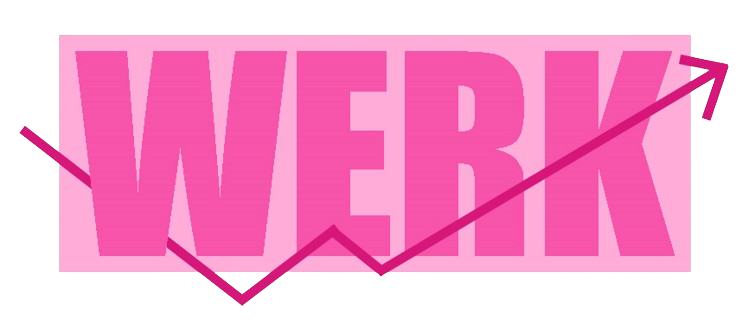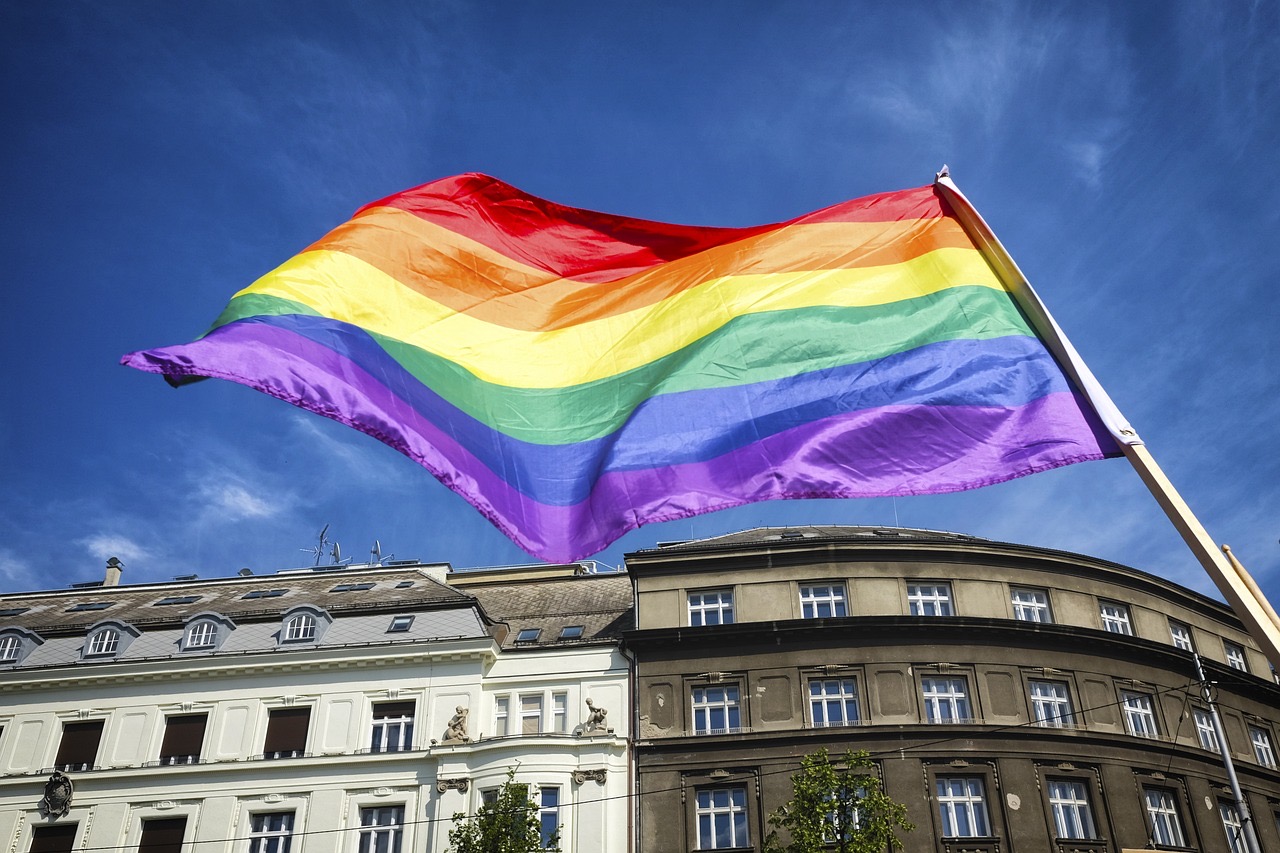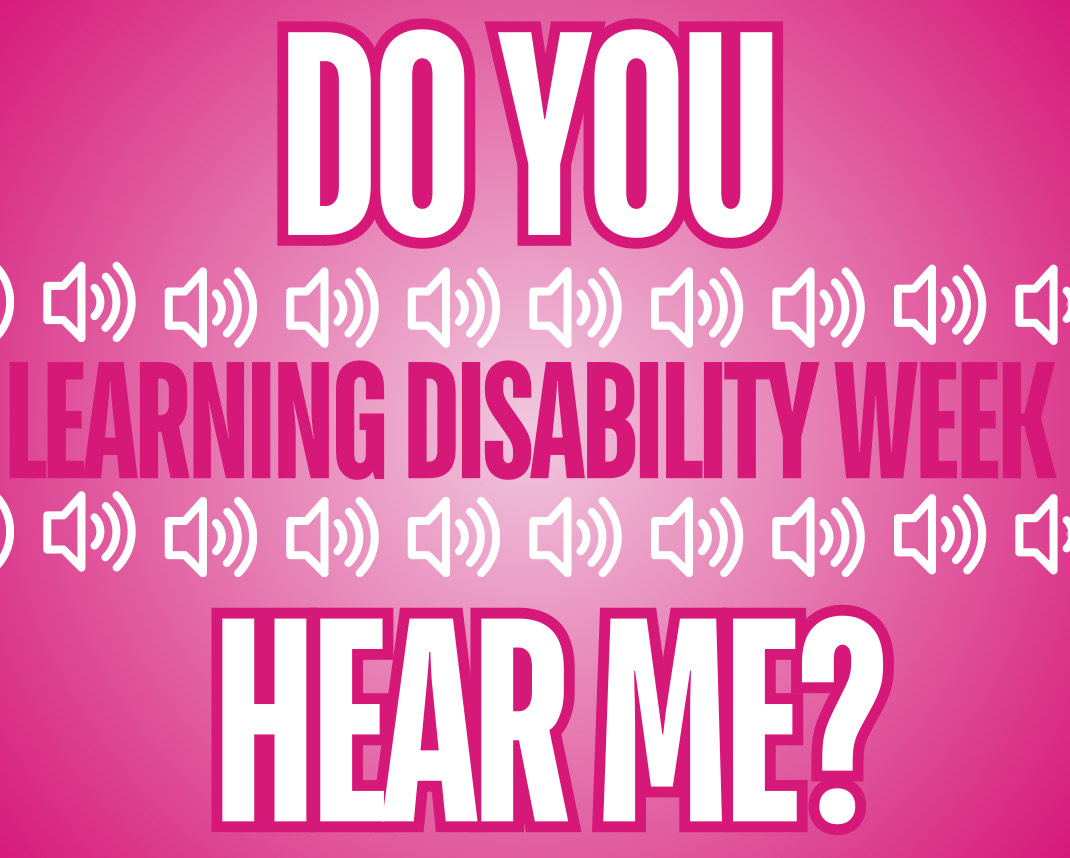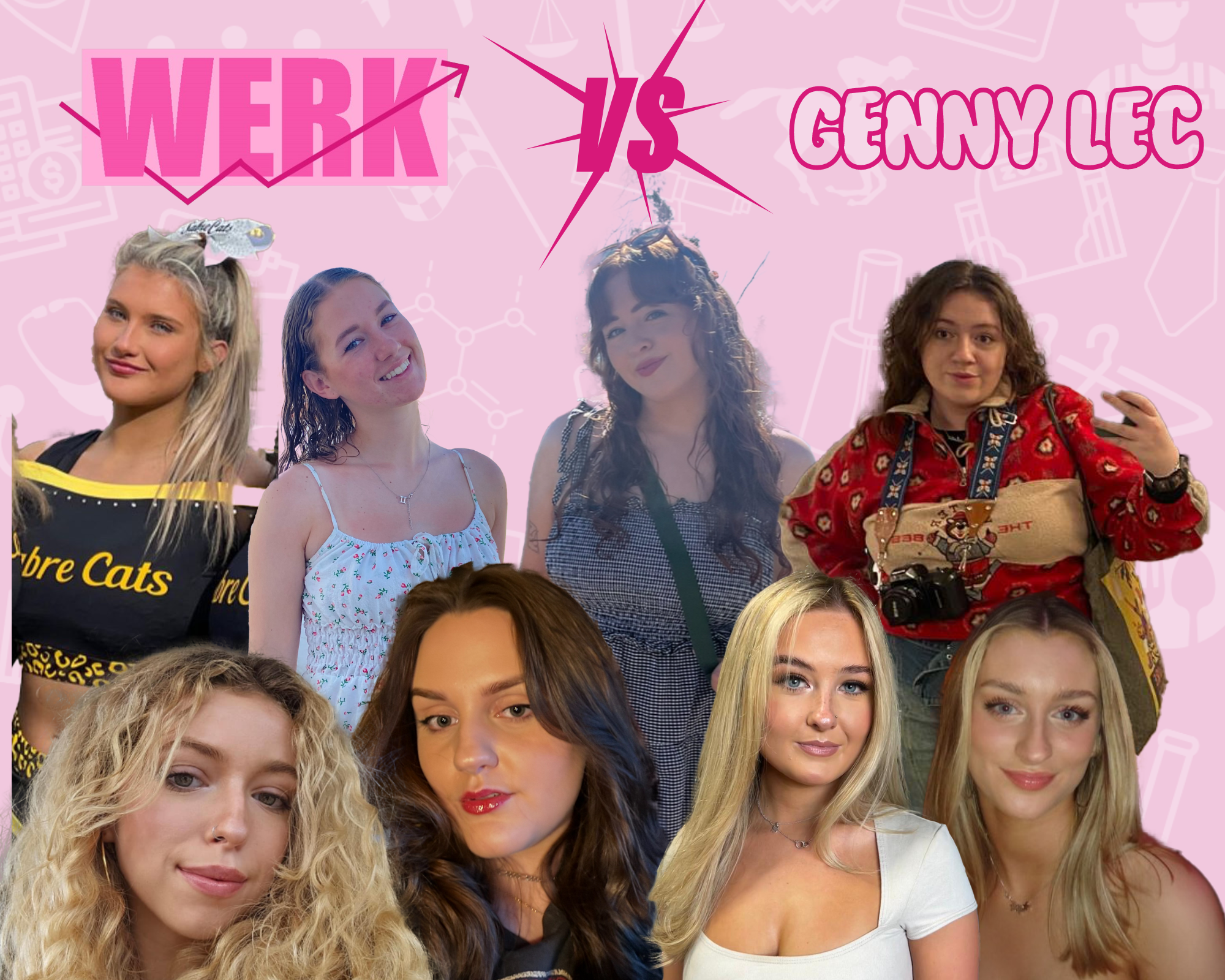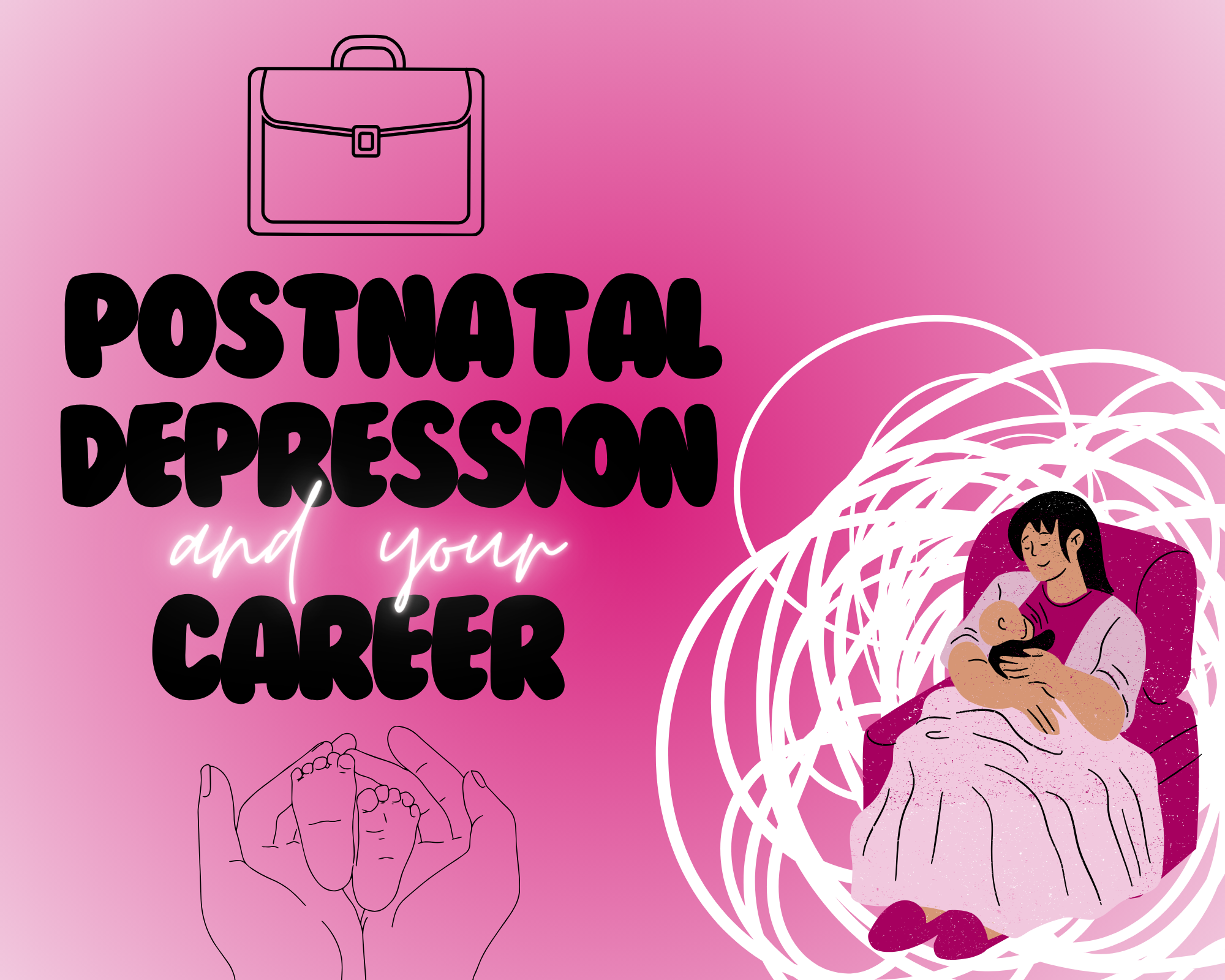Research performed by myGwork revealed a staggering seven out of ten LGBTQ+ women and non-binary professionals experience discrimination at work. Persistent challenges like stereotyping and exclusive policies have left many women feeling disregarded and have cast shadows on their professional journey.
Werk sat down with some of these amazing women, candidly discussing their unfiltered experiences and honest opinions on the treatment of LGBTQ+ women in the workplace.
Holly Homan-Nagra, 36, from St Leonards, currently lends her expertise to a private company contracted to the DWP to deliver health assessments. However, she originally began in estate agency, working within the industry for ten years from the age of 24. One of her first jobs was on the bustling streets of London, where she worked under a manager whom she once came head-to-head with over a Pride celebration.
Holly was living in a pub with her girlfriend at the time and they were putting on a party for Pride. She announced this to her office, inviting everyone to come and join the festivities, but her manager was not as enthusiastic. Holly recounted the conversation:
“He said, ‘It’s not my scene.’ I was like ‘What? Pride weekend or partying?’ and he said ‘Well, I just don’t know why you people need to make such a fuss about it, it’s fine.’ and I was like ‘It’s not f*cking fine!’
“He responded: ‘I don’t get what your problem is?’ I said, ‘My problem is I have to google ‘Is it safe to be gay in…’ when I want to go on holiday, that’s my f*cking problem. I shouldn’t have to do the same in this office. I am going to be loud and proud about it. Always.’”
Toxic work environments can cause a lot of anxiety for LGBTQ+ people, sometimes placing them in helpless situations.
Meet Joanne Lockwood, a 59-year-old transgender woman from Portsmouth. She is currently the trailblazing force behind a consulting company offering inclusion and diversity workshops for organisations around the world. While in her 40s Joanne began exploring her identity and decided she wanted to transition, a choice that ultimately led her to give up her IT company which she had managed for the last 20 years. She expressed her initial difficulties with embracing her identity within the workplace:
“About 10 years ago I became aware my colleagues had less than trans-positive views because they expressed them about a trans woman who was working in a different organisation.
“They were transphobic-type comments – not actively malicious, just ignorant and throwaway remarks. They kind of led me to feel a bit insecure, so when I did choose to transition, I decided to sell my business rather than face my colleagues, my customers, face my staff. It was just too hard for me. I don’t want to say I chickened out, but I took the best path for me.”
Joanne went on to explain how difficult it was to apply for jobs after her transition.
“In the early stages, I spoke to a recruitment agent trying to find roles. I often got misgendered and often had recruiters telling me I’d struggle down to my gender identity. They would find it difficult to place me or find me anywhere they would be happy to recommend.
“I think that was down to their own internalised transphobic thoughts rather than reality. They internalised it, they didn’t want to put me forward.”
Caprice Fox, 33, currently lives in Bristol with her wife and young daughter. Although her main work is within early education, she also writes for a parenting magazine and actively supports Black Mothers Matter UK.
When the curriculum changed in 2019 to require teachers to discuss LGBTQ-inclusive sex education, Caprice experienced a lot of backlash as a Queer woman in the industry. The majority of this conflict came from parents who felt opposed to the added content.
“They’re coming from a place of fear. They don’t know the curriculum so I think people assumed, particularly for Queer teachers, they’d be going into the ins and outs of their relationship and sex and how it works.
“[The backlash] was fuelled by a lot of hate, and what stemmed from that was lots of people concerned about teaching on Pride month and people being openly Queer in the workplace. But by being openly Queer we’re doing exactly what our straight counterparts are doing.”
Certain aspects of employment seem to completely disregard the existence of LGBTQ+ women, especially those in Queer relationships. A large issue lies with maternity policies. A lot of these systems are catered exclusively towards heterosexual relationships and fail to take into account the strain it can put on those who are unable to start a family in the ‘traditional’ way.
Holly, who is planning on welcoming a new addition to her family soon, explained how frustrating it can be for working Queer women.
“We have to plan parenthood to the literal minute to conceive or go through the adoption process.
“A straight couple can be trying for a child for a year and not have to tell anybody because they can do it out-of-hours. But for us to get fertility treatment I have to go to a doctor for surgery, I have to have a health assessment, you have to have invasive internal scans. All of that requires time out of work and I can either lose my annual leave or declare it to my manager. I have to bear all of that emotional, scary stuff.
“I know straight people can have fertility problems but it’s not the norm. We’re not asking for anything other than to exist equally. We don’t want special treatment, we want normal treatment.”
Caprice expressed her similar frustration with the complications of maternity policies:
“It’s a very intrusive process to go through. Most doctor appointments could be one-off, but with IVF or fertility treatment, it’s ongoing. If they were ‘naturally’ pregnant most people would not be disclosing that from early doors to their employers, yet when it comes to fertility treatment there’s kind of an expectation you should tell your employer what’s going on to be able to attend all the appointments and scans. There still needs to be work done around that.”
We sought wisdom from Caprice, Joanne and Holly – asking what advice they would give to LGBTQ+ women entering the workforce.
Caprice discussed how to identify a supportive work environment:
“For me, I appreciate when people are open with their pronouns, I like to see visible allyship. It can be as little as a Stonewall poster in the reception or perhaps they’re visible in regards to what training they’ve had. Perhaps they have case studies on different members of staff from marginalised groups. Perhaps they are allies in different ways, they donate to charities, or maybe you’ve seen them marching at Pride. Even down to perhaps wearing a rainbow lanyard to show you are welcoming and inclusive, all those little things can help.”
Joanne explained why she believes it is important to choose your battles, especially when dealing with colleagues:
“My view and this is a very privileged statement I realise, is you can’t always fight every battle in every organisation. Sometimes you have to say to yourself, this place isn’t for me. I can’t spend the next five years of my life trying to get them to change when there is no appetite.
“If I end up working for people with a gender-critical view, I end up walking away because I can’t change their opinion. We may be able to leave friends, but we’re not going to change each other’s views. It’s like Brexit or Remain, you very rarely, fundamentally change people’s core beliefs. I think if the company or organisation’s core belief is not changeable, it will not support you.”
Holly explained how building a network can help you progress in your industry:
“Lean on your network, abuse your network. Make a Queer network through places like LinkedIn and utilise it. Ask and you will find people so willing to work for you, vouch for you, and go out of their way to help you because you are part of the community, which maybe other people don’t. We have a bit of a men’s club we’ve kind of had to create for ourselves to get those opportunities, to get other people to talk about us in boardrooms.”
Workplace inclusion is slowly improving, but LGBTQ+ women still struggle to thrive within professional barriers.
LGBTQ+ women should not have to compromise their identity and relationships to be successful; nor should they have to constantly educate those who are ignorant. Despite their frustration, it is clear that they are determined to be heard and rewrite the rules of the professional world on their terms.
